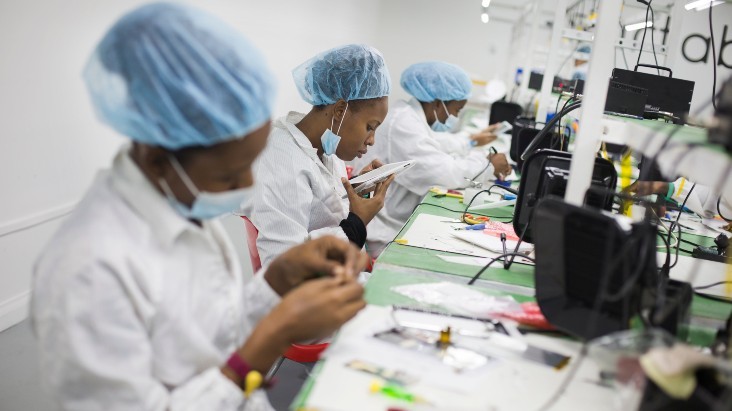- What We Do
- Agriculture and Food Security
- Democracy, Human Rights and Governance
- Economic Growth and Trade
- Education
- Environment and Global Climate Change
- Gender Equality and Women's Empowerment
- Global Health
- Humanitarian Assistance
- Transformation at USAID
- Water and Sanitation
- Working in Crises and Conflict
- U.S. Global Development Lab
Speeches Shim

Employment—more jobs, and better jobs—transforms economies and societies, helping them to grow, develop, and move toward self-reliance.
Employment is a crucial link between two key dimensions of a country’s capacity for self-reliance: the capacity of its people and of its economic institutions. We see this, in particular, in the Self-Reliance Metrics for poverty reduction and economic growth. In developing countries, most people work their way out of poverty, mainly through mixed livelihoods of wages and income from self-employment. Especially for poorer countries where many young people enter the workforce each year, expanding employment opportunities is an urgent priority. USAID ’s Policy Framework emphasizes “strategic convergence among country needs, USAID’s capabilities and comparative advantages, and U.S. policy imperatives.” In line with that imperative, the employment outcomes that USAID host countries want and that U.S. policy prioritizes are: (1) increasing employment for those who want to work, (2) higher earnings, and (3) better and more inclusive jobs.
Getting Employment to Work for Self-Reliance: A USAID Framework for Employment Programming and the companion Playbook assists USAID staff and development partners to understand the employment challenge in USAID host countries and to design interventions towards more and better jobs. Because modern, private sector firms tend to produce the most formal, highest-paying jobs, the most effective strategy is to focus on growing employment in this sector.

Comment
Make a general inquiry or suggest an improvement.